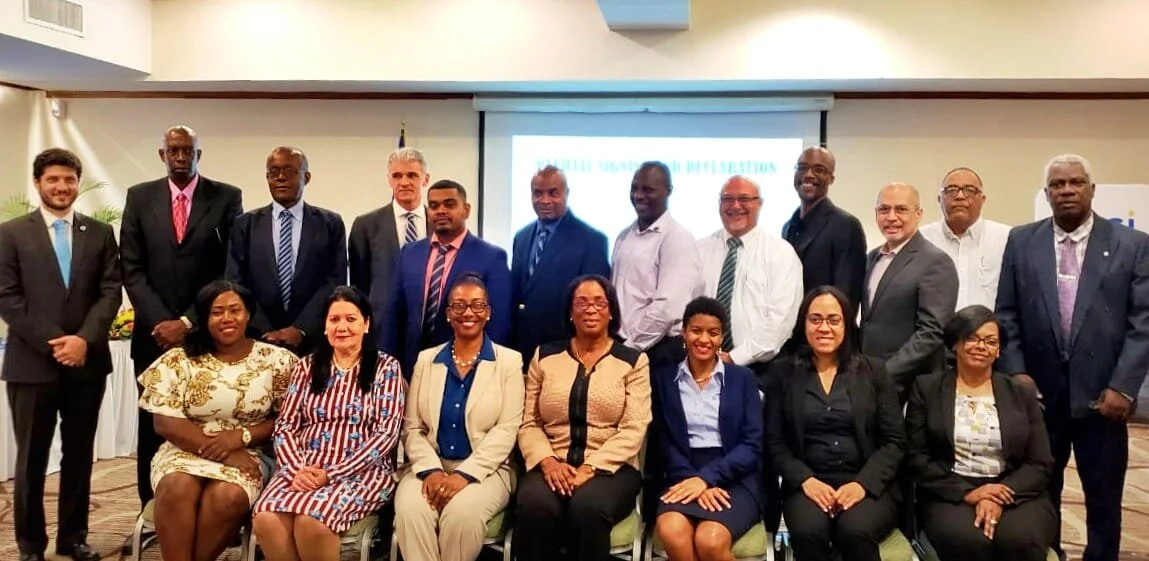The Caribbean Single Market and Economy (CSME) is suffering from an implementation deficit. Many of the measures that have been agreed at a CARICOM Heads of Government level have not been fully implemented by the respective national governments. The Energy Chamber of Trinidad & Tobago urges the political leadership of the region to move aggressively towards the full implementation of the CSME.
Greater regional economic integration will allow companies from across the entire Caribbean region to operate in a bigger economic space and benefit from a larger market. The free movement of skilled workers across the region will help meet the many existing skills gaps that exist in many Caribbean countries and improve efficiency and productivity. The regional private sector is clear that greater regional economic integration will be a positive development and the regional political leadership seem to share this vision.
Unfortunately, this vision does not seem to be able to make its way into the actual regulations or into the way immigration and customs officials work on a day-to-day basis. There are repeated complaints from companies across the entire region about non-tariff barriers to trade and obstructive public officials at air and sea ports. Many business people get very frustrated with red tape when trading between countries in the region. This, in turn, leads to suspicions that they are being treated less favourably than domestic companies or companies from outside the Caribbean. Ordinary Caribbean citizens often report negative or even hostile treatment from immigration officials, especially citizens from some of the traditionally poorer countries travelling to some of the better-off countries.
Regional economic integration therefore also needs a change in social attitudes. This is where leadership becomes so important. The Energy Chamber recognises that leadership does not just come from the politicians. Business leaders also need to take the lead in pushing forward the message of regional integration.
Associations like the Energy Chamber need to reach out to our sister organisations across the region and build trust and confidence that we are all committed to the best interests of all member-states. The Energy Chamber has been doing this through the new Caribbean Chambers Network (CARICHAM), but we recognise that we can still do more. There are other stakeholders who we also need to form alliances with in the push for regional integration, including some unusual partners such as the Caribbean Congress of Labour who are themselves committed to the free movement of people in the Caribbean.
The time for full implementation of the CSME is overdue. The Energy Chamber is ready to do all it can to help close the implementation gap and to bring the dream of Caribbean regional economic integration to reality.

